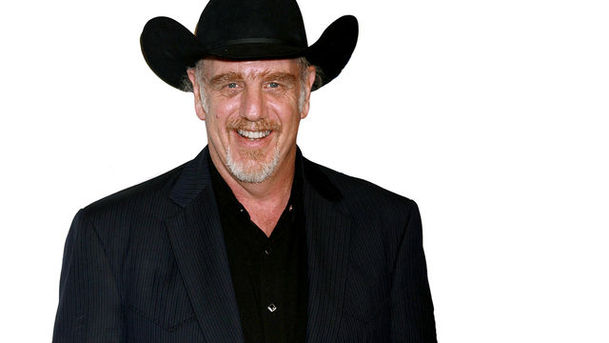That Western Swing Thing - Episode 4

In the 1930s, when the urban dance halls of America were ringing to the swing sounds of Benny Goodman, Tommy Dorsey and Count Basie, a unique form of dance music was taking hold in the rural South West. Exposed to big band influences through the radio, rural string bands took jazz and big band music and adapted it for their traditional instruments. Country fiddles, banjos and steel guitars played alongside horns, drums and pianos. Also feeding into this music were the diverse cultural influences prevalent in 1930s Texas and Oklahoma. This was an area filled with the sounds of different communities. Czech and German polka, Mexican mariachi, Cajun and blues were all part of the soundtrack of the Southwest and bled into this new style of music, which would later become known as 'Western Swing'. It was a sound which was to become the lifeblood of the Texan dancehall for the next twenty years, and provide America with a musician regarded by many as 'the best band leader of all time' - Bob Wills. In this five part series Ray Benson, the founder and lead singer of Grammy winning Western Swing band 'Asleep at the Wheel' charts the history and development of this music. He celebrates the people who created, developed and refined the Western Swing sound, and joins some of the players, enthusiasts and fans who are keeping this unique part of America's musical history alive for the next generation. The series features contributions from Willie Nelson, Lyle Lovett and The Hot Club of Cowtown plus former members of 'Bob Wills and his Texas Playboys' Johnny Gimble, Herb Remington, Bobby Koefer, Louise Rowe and Leon Rausch. The fourth part of the series focuses on the importance of radio to the success of Western Swing, and the music's heyday in the 1940s. The programme traces the development of the Bob Wills sound throughout this decade, and his move to the West Coast and Hollywood. He also looks at the impact of band leader Spade Cooley on the Western swing movement in California. Donnell Clyde Cooley, nicknamed Spade for his impressive poker skills, spent his early years in Hollywood as Roy Rogers stunt double by day and fiddler with local bands by night. He was recruited into the Venice Pier house band, and was soon fronting his own Western swing outfit which was much slicker in approach than the Texas Playboys, often with trained orchestral musicians playing written arrangements. Spade and his orchestra had a string of top ten country hits including his theme song Shame on You, and his success soon transferred to the big and small screens with roles in Hollywood Westerns and a hugely successful TV variety show throughout the 1950s. But his story was to have a dramatic Hollywood ending, and not a happy one. Ray Benson along with music historians and musicians from that era talk about the rise and fall of the man who proclaimed himself 'King of Western Swing'.